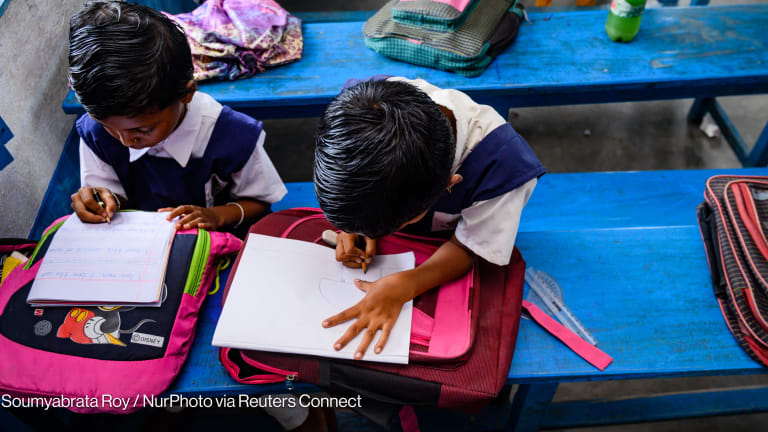Want to know how many people are living without a toilet today? 2.5 billion.
Frank Rijsberman, director of the Water, Sanitation and Hygiene program at the Bill & Melinda Gates Foundation’s global development program, intends to fix that. While at the World Water Forum in Marseilles, France, Rijsberman presented five action plans, which he calls “components,” he feels are essential to providing sustainable sanitation services that work for everyone.
Explore new and innovative sanitation solutions that do not rely on sewers.
Campaign for an end to open defecation.
Provide sustainable services at scale by understanding the cost of services.
Explore business opportunities in sanitation.
Endorse political commitments on sanitation and participate in venues like Sanitation & Water for All to share lessons learned and find solutions to standing problems.
Rijsberman said reinventing the toilet is not just about technology, but a new way of thinking to provide best solutions to the poor. He said the Gates Foundation has reversed its funding for the sector: When in the past 90 percent was allocated for water and hygiene programs, now 90 percent is allotted for sanitation. This is to stimulate innovation in research, delivery models and advocacy to accelerate progress on sanitation.
Read more:
Read more development aid news online, and subscribe to The Development Newswire to receive top international development headlines from the world’s leading donors, news sources and opinion leaders — emailed to you FREE every business day.








